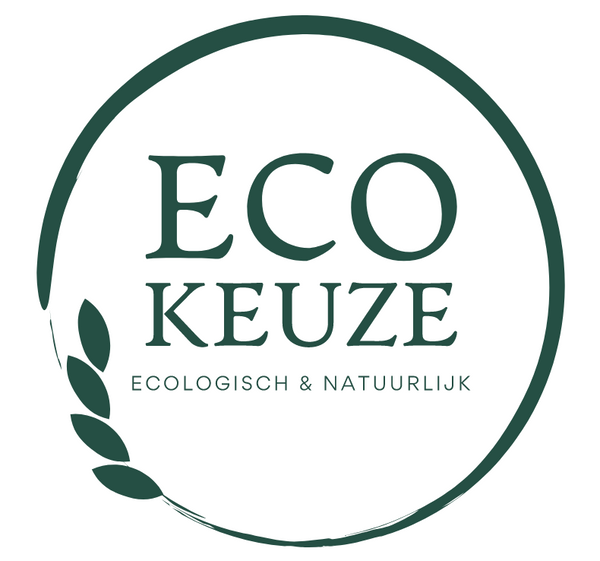La droguerie Ecologique
Beeswax granules 400gr
- Regular Price
- €12,75
- Sale Price
- €12,75
- Regular Price
- Unit Price
- Translation missing: en.general.accessibility.unit_price_separator
Sold Out
Tax included.
Shipping calculated at checkout.
Beeswax is a yellowish substance made by bees. The bees use it to build their hives. It occurs in relatively small amounts; about 300 grams of beeswax is produced for every 2-7.5 kg of honging. The beeswax is harvested at the end of the season and extracted without the use of solvents. Beeswax has emollient, moisturizing, protective, antiseptic and antistatic properties. It can be used to make various products such as cosmetics, candles, wood and personal care products.
Some technical features
- Floats on water: density of 0.96
- melts at 64 °C
- Flammable at 120°C
- Soluble in turpentine or orange oil
- slightly sour
- Harmless to the environment
Warning
- Keep out of the reach of children.
Save
- Protect from heat and store in a sealed box in a cool, dry place; can be kept for several years.
🌱 Delivery time: 1 - 5 working days
🌱 Shipments ordered before 3:00 PM on workdays and in stock with us will be shipped the same day.
🌱 We will send you a Track and Trace code via email with every package of your order. You can easily track your order and manage delivery times and collection points via the online Track and Trace tool.
.
RETURN?
-
🌱 30 calendar days to return or return the goods.
🌱 The cost of returning is for the buyer and is €4.95.
Do you have any questions about the article?
Let us know using the form below. We will reply as soon as possible 👌 .
-

